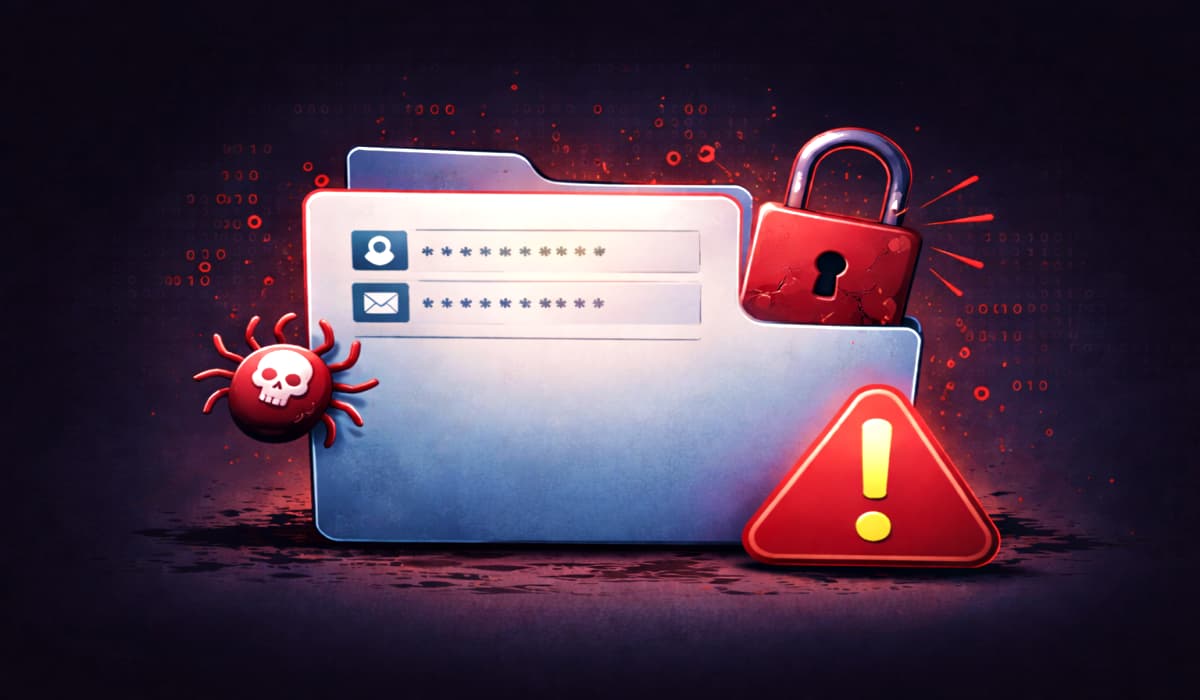Data Breaches in 2026: An Evolution of Threats and Tactics
In the ever-evolving landscape of cybersecurity threats, it's becoming increasingly evident that data breaches will continue to be a major concern for organizations worldwide. With the threat actors continually adapting their tactics, staying ahead of the curve is crucial for businesses seeking to protect sensitive information. In this blog post, we'll delve into an evolved version of MongoDB ransomware caught targeting MySQL databases, highlighting key takeaways and implications for cybersecurity professionals.
The rise of cloud-based services has brought about new vulnerabilities, making it increasingly important for organizations to prioritize data security measures. In 2026, threats like the evolved MongoDB ransomware variant will continue to target unsuspecting businesses, exploiting weaknesses in their systems to gain unauthorized access to sensitive information. As a result, cybersecurity professionals must remain vigilant and proactive in identifying potential breaches before they become catastrophic events.
The threat actors behind this new variant of MongoDB ransomware appear to have leveraged vulnerabilities in MySQL databases, which are widely used across various industries. By exploiting these weaknesses, attackers can gain entry into the database management system, allowing them to extract sensitive data and hold it for ransom. This tactic is a stark reminder that even seemingly secure systems can be compromised with the right level of sophistication.
One notable aspect of this attack vector is its reliance on the MongoDB driver for Node.js (MDNode). MDNode is an open-source JavaScript library used to connect to MongoDB databases, providing an interface for interacting with these systems. Threat actors have managed to exploit a vulnerability in this library, allowing them to inject malicious code and gain access to MySQL databases without being detected.
As the threat landscape continues to evolve, it's essential for organizations to prioritize regular security audits and updates for their software and systems. Staying informed about emerging threats like this variant of MongoDB ransomware can help mitigate potential breaches before they occur. Additionally, implementing robust data backup and disaster recovery procedures can minimize the impact of a breach, should one occur.
Furthermore, the rise of cloud-based services has introduced new challenges for organizations seeking to maintain data security. As more businesses move their operations to the cloud, it's becoming increasingly important to prioritize secure data storage and transmission practices. This includes implementing robust encryption protocols, leveraging multi-factor authentication, and ensuring regular system updates.
Ultimately, the evolved version of MongoDB ransomware highlights the importance of staying proactive in identifying potential breaches before they become catastrophic events. By prioritizing data security measures, staying informed about emerging threats, and implementing effective disaster recovery procedures, organizations can minimize their risk of falling victim to these types of attacks.
In conclusion, data breaches will continue to be a major concern for organizations worldwide in 2026. As threat actors adapt their tactics, it's essential for cybersecurity professionals to remain vigilant and proactive in identifying potential breaches before they become catastrophic events. By prioritizing data security measures, staying informed about emerging threats, and implementing effective disaster recovery procedures, businesses can minimize their risk of falling victim to these types of attacks.
